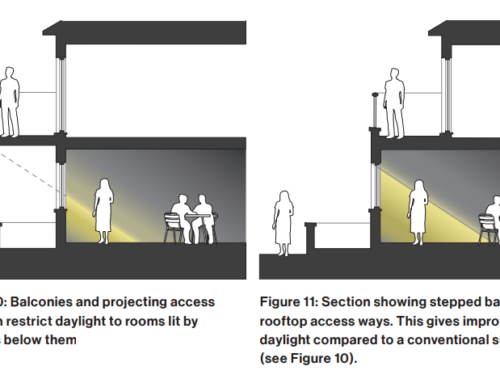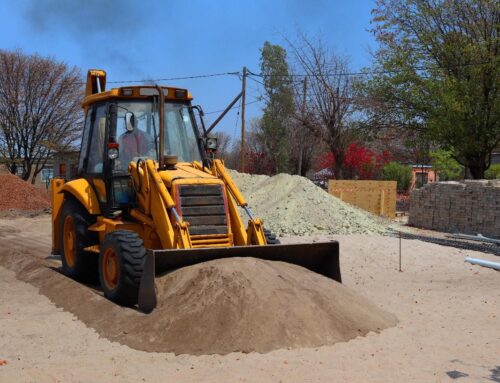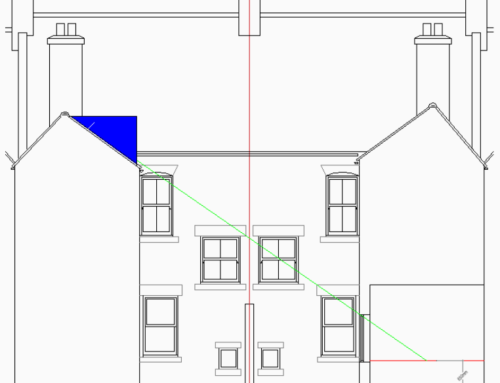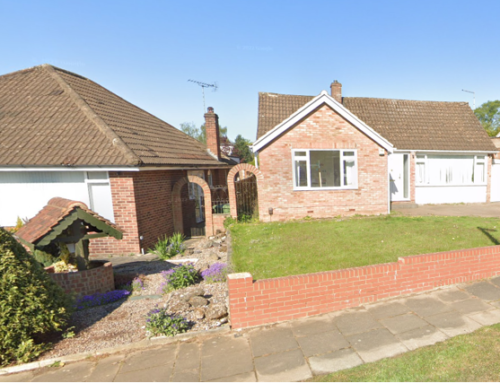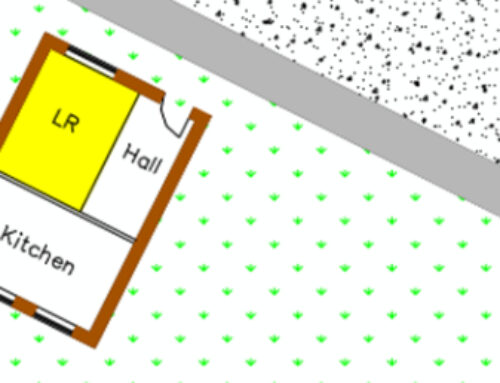Increasing number of planning applications refused
We have seen an increase in the number of planning applications where Local Authorities have refused planning permission for a proposed development, on the grounds that it would supposedly be overbearing and cause an adverse impact on the light receivable to neighbouring properties. Such schemes have been a mixture of new build detached dwellings, and, more commonly, extensions to existing dwellings.
Can Planning Permission Be Refused on Loss of Light Grounds?
Yes. Indeed, if a development will cause adverse impact on a neighbours daylight and sunlight, then it should be the case that such impact is considered carefully as part of the planning application process. Often, Local Authorities do consider such matters, and do include criteria within the policies.
Assessment criteria used to refuse daylight and sunlight assessment
Many Local Authorities refer to assessment of daylight and sunlight by use of the criteria laid down in the Building Research Establishment (BRE) document known as “Site Layout Planning for Daylight and Sunlight – A guide to Good Practice”. The current version of this document is the 3rd edition, introduced in June 2022. This document is often known simply as BR209, BRE209 or the BRE Guide.
If a Local Authority has concerns about the impact a scheme may have upon neighbours, then they should consider this and ask the applicant to prove the impact will be low. This can be done by them asking the applicant to submit a Daylight and Sunlight Assessment in accordance with the BRE Guide referred to above.
What if the Council does not ask for a BRE Guideline based Assessment?
If the Local Authority does not ask for this assessment, there is a risk of two things happening.
- The application sails through with no daylight or sunlight related issues considered, to the benefit of the applicant, but potentially, to the detriment of the neighbour(s).
- The application is refused on the grounds that the scheme will cause adverse impact on neighbours, but without the proper consideration and understanding of the actual impact, which could be negligible, to the detriment of the applicant, who has their application refused without full consideration.
If my application is refused on grounds of Daylight/Sunlight impact without full consideration, what can I do?
Often, we come across people who have had their applications refused on grounds of daylight and sunlight impact, but without any data to back up such reasons. Often, the refusal is based upon the gut instinct of a planning officer or planning committee, rather than any form of measurable data. In such circumstances, many clients pursue a planning appeal against the refused application, often with the assistance of a planning consultant.
What information will help with a planning appeal?
In the case of an application being refused without the backup of data, on the grounds of impact to a neighbours daylight and sunlight, or even, on the grounds that a new development will not get sufficient daylight or sunlight, planning consultants will often recommend the applicant commission a daylight and sunlight assessment to support their appeal.
This allows the applicant to present an independent report that provides evidence of the likely impact upon daylight and sunlight levels, basing findings upon criteria laid down by the Building Research Establishment (BRE) in their Guide. The results are based upon computer modelling and specialist software to allow a true understanding of impact to be ascertained. This is much more reliable data for the Planning Inspector to consider than a planning officer’s (or a planning committee) gut instinct.
Can the refused planning permission be overturned?
Potentially, yes. If you can demonstrate that the Local Authority was wrong to refuse planning permission on the grounds given for refusal. We have had several cases where planning appeals have been won, due to the evidence our daylight and sunlight assessments provided.
Contact us
If you have had planning permission refused on the grounds of daylight and sunlight impact, and are considering an appeal, please do contact us at [email protected], we would be pleased to answer any queries that you may have.
Related Articles
Who Should Prepare Your Daylight And Sunlight Assessment?
Sunlight and New House Design: Avoid The Temptation to Use Standard Plans
Found The Perfect Development Plot? Beware of These Potential Light Constraints



